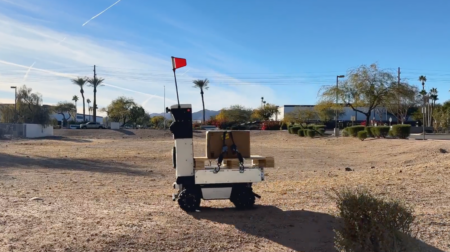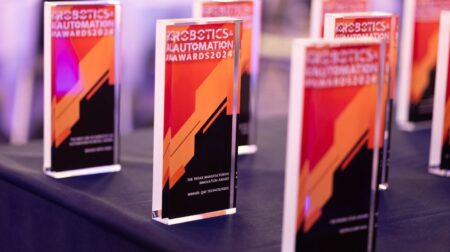A team of engineers from the University of Georgia has designed a soft gripper robot inspired by nature, specifically pole beans.
Researches from the US university’s College of Engineering drew inspiration from pole beans and other twining plants that use touch-sensitive shoots to wrap around supports.
The robot has been developed to firmly yet gently grasp objects as small as 1mm in diameter.
Mable Fok, associate professor, and the study’s lead author, said: “We had tried different designs, but we were not happy with the results, then I recalled the pole beans I grew in our garden few years ago.
“This plant can hold onto other plants or rope so tightly. So, I did some research on twining plants and thought it was a good design from nature for us to explore.”
The study, published in Optics Express, covered applications for the three inch-long silicon gripper, including use in surgical robots or for researching samples in fragile glass tubes during experiments.
The team also said the gripper could be used for selecting agricultural products that require a soft touch such as plants and flowers.
According to the researchers, the device has several advantages over existing grippers. Fok added: “Our robot’s twining action only requires a single pneumatic control, which greatly simplifies its operation by eliminating the need for complex coordination between multiple pneumatic controls.
“Since we use a unique twining motion, the soft robotic gripper works well in confined areas and needs only a small operational space.”
The device also includes an embedded sensor that provides real-time feedback.
In the study, the device was able to grip objects such as pencils and paintbrushes as well as the thin wire of a straightened paperclip.
The team said they now want to explore miniaturising the design to serve as the foundation of a biomedical robot.







